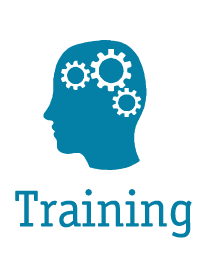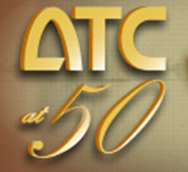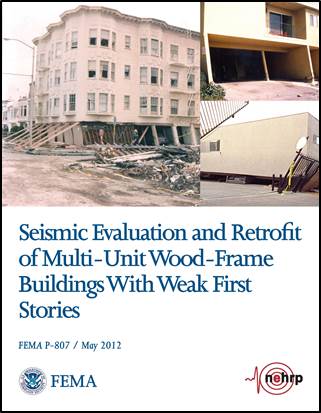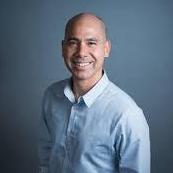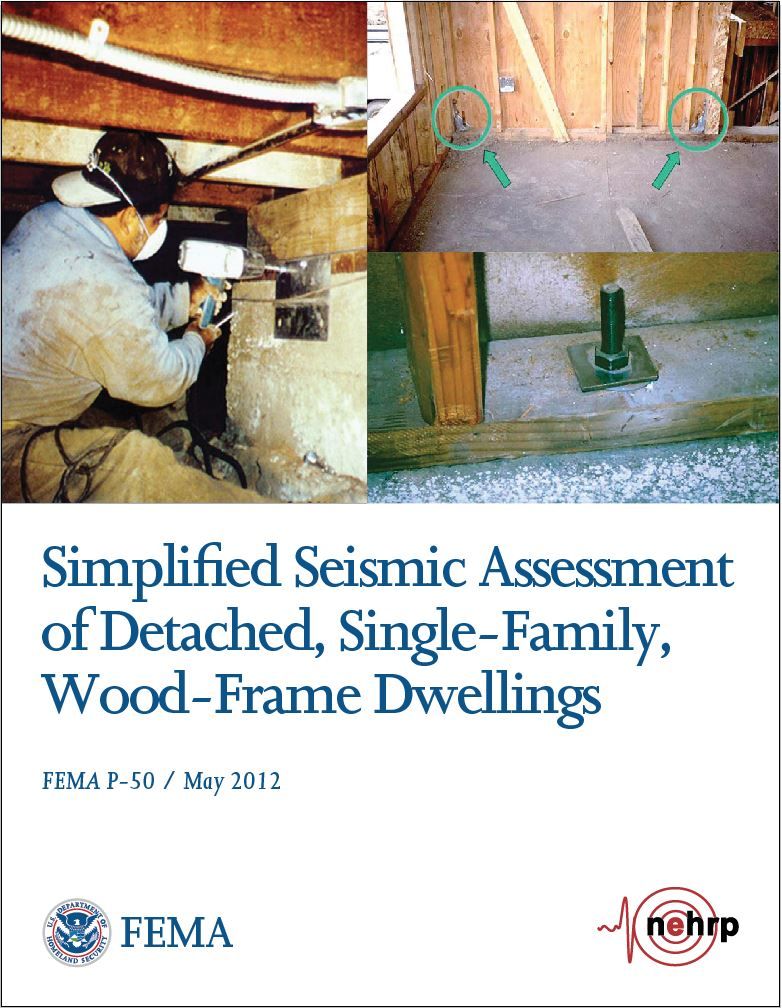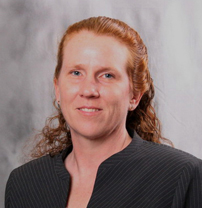|
For more information, contact |
The Applied Technology Council (ATC), in cooperation with the City of Los Angeles Department of Building and Safety (LADBS), is seeking proposals from Southern California engineering firms to conduct trial evaluations of older concrete frame structures using the methodology described in the ATC-78-3 Report, Seismic Evaluation of Older Concrete Frame Buildings for Collapse Potential (ATC, 2015), which was developed with funding from the Federal Emergency Management Agency (FEMA). Trial evaluations are being sponsored by the City of Los Angeles Department of Building and Safety to determine if the ATC-78-3 evaluation methodology could be used as part of a program to mitigate the risk of older concrete buildings in Los Angeles.
A complete description of the scope of services to be performed, required qualifications, submittal requirements, subcontract terms, selection criteria, selection process, and schedule are provided in the Request for Proposals (LADBS), available on the ATC website (www.atcouncil.org). The report can be downloaded from the ATC website here. The closing date for the submission of proposals is September 25, 2015.
The methodology described in the ATC-78-3 report is under ongoing development, and expansion of the methodology to address concrete wall systems is currently underway. This solicitation is the first in a series of planned trial evaluation programs intended to inform future versions of the methodology. The following additional solicitations can be expected:
- A similar FEMA-funded RFP, to be announced in the next few weeks, that will solicit the involvement of engineers to evaluate the ATC-78-3 methodology for concrete frame buildings located in regions of moderate or high seismicity throughout the United States.
- A future LADBS-funded RFP, to be announced approximately one year from now, that will solicit the involvement of Southern California engineers to conduct a trial evaluation of the methodology for concrete wall buildings located in California.
Response and/or participation in one Trial Evaluation Program will not preclude response and/or participation in future programs.
More information about the ATC-78 Project Series is available here.

